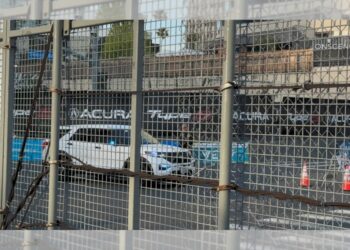Q: We have questions that arose when we chose to pay cash to buy a car. The purchase price was $35,000. To our major surprise, the dealership had a lot of questions. I felt like I was suspected of wrongdoing. One of the “concerns” I heard about is money laundering. So, first question: Just what is money laundering?
W.B., Torrance
A: Money laundering is a way of trying to “clean” what is actually “dirty” money; that is, money obtained from or through criminal activity, paid or deposited into legitimate channels to disguise its illegal origin or connection. An example is utilizing a restaurant as a front for profits made through alleged food sales, when, in fact, the substantial money is obtained by and being used for illicit purposes. Law enforcement seeks to trace where the money came from, as well as where it is going. In addition, tax authorities have an interest as well. So, buying a vehicle and paying cash arguably could be a step in “disguising” ill-gotten funds. Let’s then turn to your second, related question below.
Q: The dealership went on and on about a $10,000 limit, and a bank act. They tried to “explain” all the questions they asked us, and the report they had to submit. What is that part about?
W.B., Torrance
A: The Federal Bank Secrecy Act requires financial institutions to report daily transactions of any account that involve $10,000 or more. This is applicable whether you are depositing the sum, or withdrawing it. The act was passed by Congress back in 1970, and amended with the Patriot Act of 2002. The amount could be one $10,000 bill, or 10,000 $1 bills. Also, there is “structuring” by which a person may be seeking to circumvent the Bank Secrecy Act (e.g., deposits of $9,900 are made each day for over a week); that too should be reported.
Nonetheless, a $10,000 transaction often goes by without incident. I do not know all what set off the car dealership, but perhaps they have had a situation where cash was paid for…
Read the full article here







